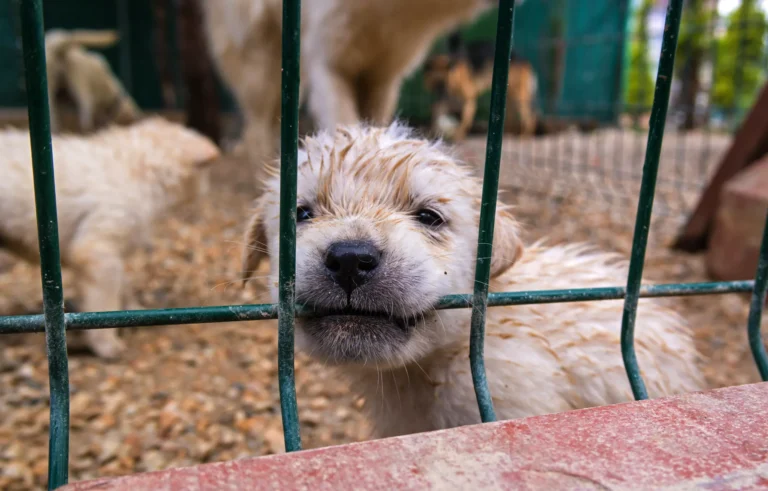Lexington, Kentucky – The Lexington Humane Services and Public Safety Commission is scheduled to consider a proposed humane pet sales ordinance on Tuesday. The ordinance, led by Todd Blevins, Kentucky state director for the Humane Society of the United States, aims to disrupt the notorious puppy-kitten mill-to-pet store pipeline that plagues communities across the country.
Currently, there are two pet stores in Lexington that sell dogs and cats directly to consumers, but the Humane Society says this practice is being used by large commercial breeders who are known to prioritize profits over the health of their animals. It is said that they often support Research shows that these facilities, including well-known local chains, source their animals from factories with dismal welfare records.
The proposed ordinance aims to protect animals from this inhumane practice by encouraging the adoption of dogs and cats from shelters and rescue groups, which would allow local animal welfare groups to It also helps reduce the burden. Additionally, it intends to protect consumers from the myriad of issues associated with purchasing at pet stores, including the risk of acquiring a chronically ill pet and the pitfalls of predatory financing.
This law does not prohibit obtaining pets from responsible breeders or through shelters or rescue organizations, giving Lexington residents a wide range of pet options. Instead, Blevins says:[s]Puppy and kitten factory and their
Inhumane behavior is not welcome in Lexington. ”
Blevins said the movement is part of a growing national trend, with 488 communities across the country passing similar laws, including Elizabethtown, Radcliffe and Louisville in Kentucky. These legislative efforts have significantly reduced the number of dogs in puppy mills, with USDA records showing a decline of 32,000 dogs over the past decade. This change highlights the effectiveness of such ordinances in curbing inhumane breeding facility operations.
The ordinance would go into effect 30 days after its passage, and violators would be subject to a $500 fine for each violation.


